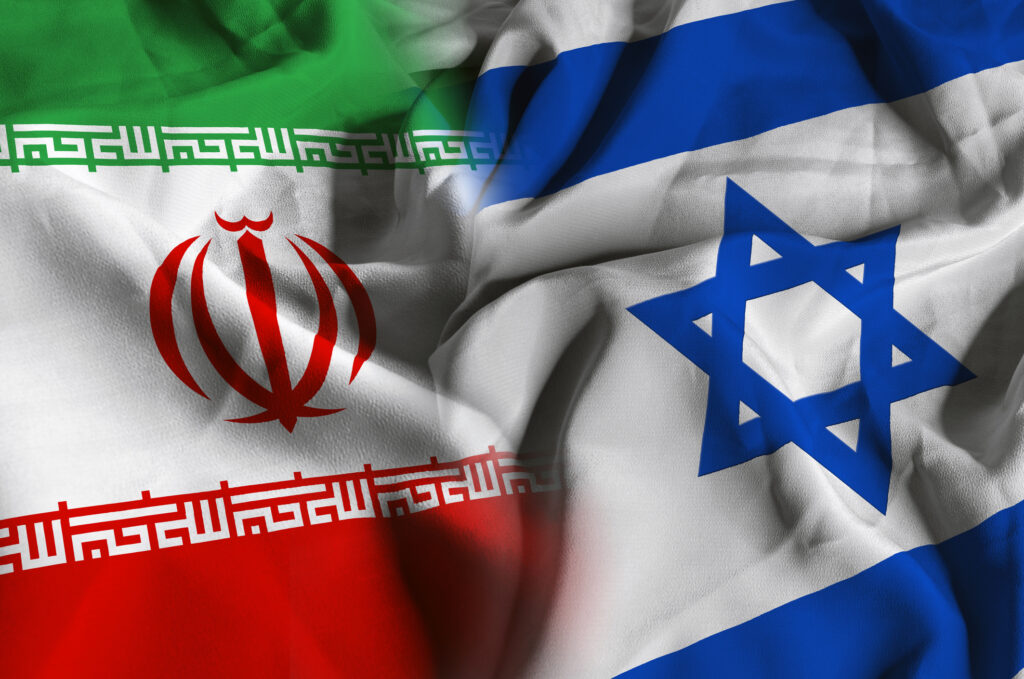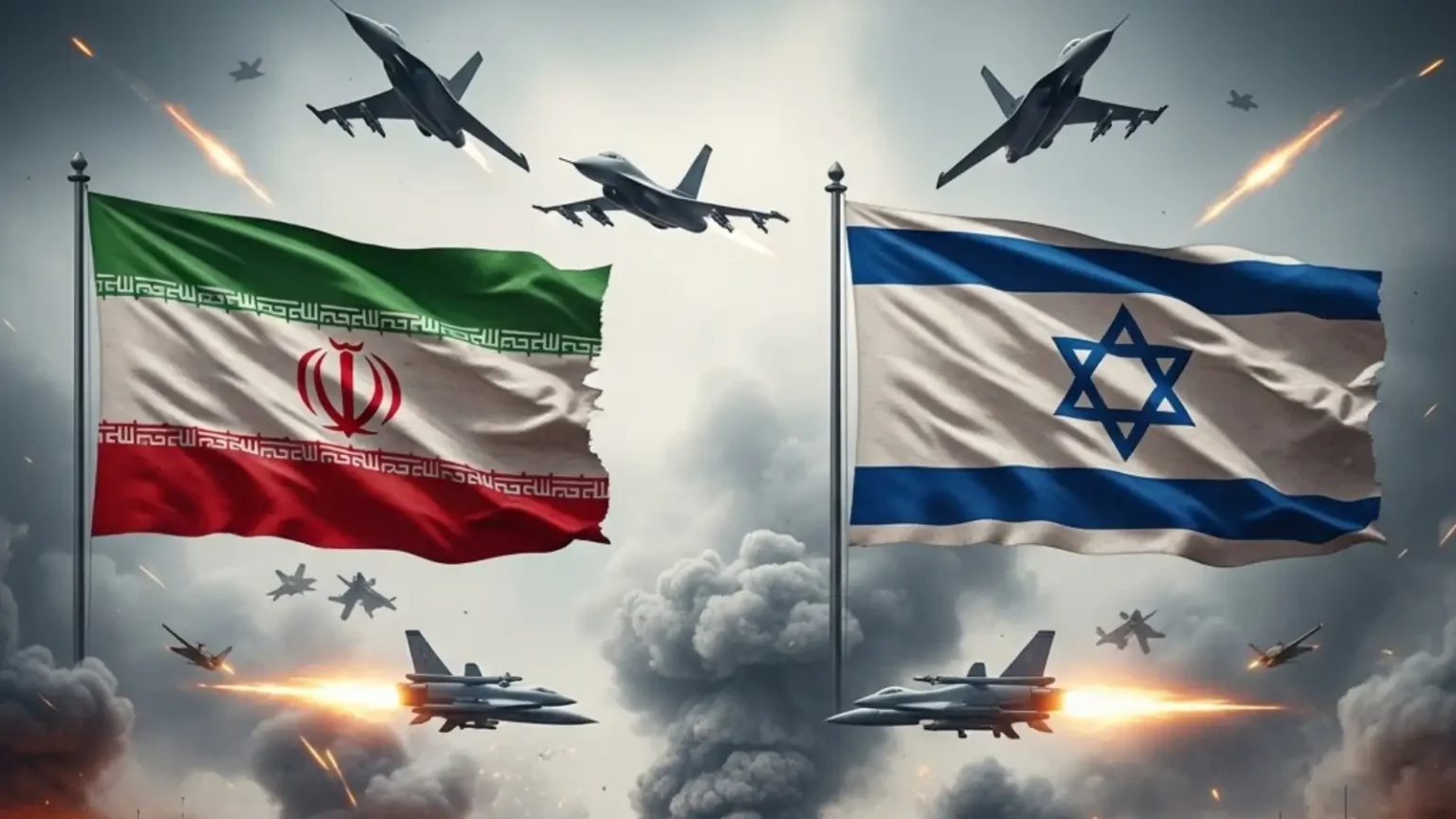Gulf countries stance Iran Israel war has become one of the most pressing global questions today. As tensions between Tehran and Tel Aviv escalate, the world is watching to see whether Qatar, the UAE, Saudi Arabia, and the Arab League will side with the United States and Israel—or pursue a more neutral path of diplomacy.
Sharp Reactions from Gulf States
When Iran launched a missile attack on the U.S. air base at Al Udeid in Qatar, the response was swift and unequivocal. Qatar labeled it “a flagrant violation of sovereignty, airspace, and international law.” The UAE and Saudi Arabia condemned the action “in the strongest terms,” affirming their support for Qatar, while the Arab League called it “unacceptable.”
A Gulf official noted that Iran’s move “plays into the hands of Israel,” undermining efforts to foster better Iran–Gulf relations.
Covert Support vs Public Diplomacy
Publicly, Gulf states maintain condemnation of violence and call for de-escalation. However, there are signals that some are quietly supporting Israel’s weakening of Tehran. Analysts suggest Gulf countries are caught between the threat posed by Iran and the risk of openly siding with Israel.
One diplomat noted the doubling-down of diplomacy: Gulf leaders are “burning the phones” to prevent escalation—working tirelessly to calm tensions rather than actively joining the conflict.
No Clear Path to Military Alignment
Despite the U.S. leaning heavily toward Israel, Gulf countries appear hesitant to shift directly into a military plug alongside Washington or Tel Aviv. They’re keen to avoid drawing the conflict into their own territories.
- They fear the regional instability that could result from joining the conflict.
- Economic interests—such as oil exports and mega-projects—are too valuable to gamble with.
- Many Gulf nations—including Saudi Arabia, UAE, Oman, Qatar—are engaged in diplomatic efforts to broker peace between Israel and Iran.
Balancing on a Tightrope: Diplomacy or Debilitating War?
Gulf leaders are walking a tightrope—needing to balance:
- Avoiding escalation, by calling for calm
- Retaining credibility, by condemning aggression
- Tending to alliances, especially with the U.S.
- Safeguarding sovereignty and stability, both domestically and regionally
As one Gulf official warned, fuelling conflict could “destabilize the region,” compromising both security and economies.

Geopolitical Shifts and Strategic Alignments
The Israel-Iran war has catalyzed a rebalancing of power in the Middle East. According to Chatham House, Iran’s asymmetric military advantage has significantly eroded, while Israel has gained an edge in regional dominance.
Meanwhile, U.S. President Trump has pushed for the Middle East to embrace the Abraham Accords fully—calling for all countries to formally recognize Israel—as a means to secure peace and counter Iran’s influence.
However, the road to normalization—like full Saudi-Israeli ties—remains rocky. Saudi Arabia calls for a Palestinian state as precondition and maintains diplomatic caution.
Energy, Migration, and Wider Impacts
The war’s ripple effects go beyond geopolitics.
- Oil and LNG flows via the Strait of Hormuz faced disruption fears initially, though combatants limited energy-targeted attacks to avoid global shocks.
- Human displacement inside Iran surged, but cross-border refugees remain minimal for now. Still, the region remains on alert.
- U.S. bases in the Gulf—such as in Qatar, Bahrain, UAE, Saudi Arabia—remain pivotal. Gulf nations worry being drawn into conflict inadvertently.
Summary Table: Gulf Countries’ Positions
| Country/Entity | Public Stance | Private Calculus & Diplomacy |
|---|---|---|
| Qatar, UAE, Saudi | Condemn Iran’s attacks | Actively pursuing calm and stability |
| Gulf-wide (Arab League) | Calls for de-escalation | Pushing for dialogue and avoiding direct alignment |
| Generally (Gulf states) | Avoid overt alignment | Concerned about instability and economic fallout |
Final Thoughts
Will Gulf countries now join the U.S. and Israel against Tehran? The answer is: not overtly.
They have condemned the violence, stood with Qatar, yet stopped short of warfare participation. Instead, they are wrestling with the challenge of preserving stability, safeguarding economic interests, and maintaining diplomatic balance in one of the most volatile periods in the modern Middle East.
It’s a close call—but for now, the Gulf remains a mediator, not a combatant, in the Iran-Israel conflict.
Read More: 7 Dynamic Strategies Fueling Economic Diversification in GCC Nations



